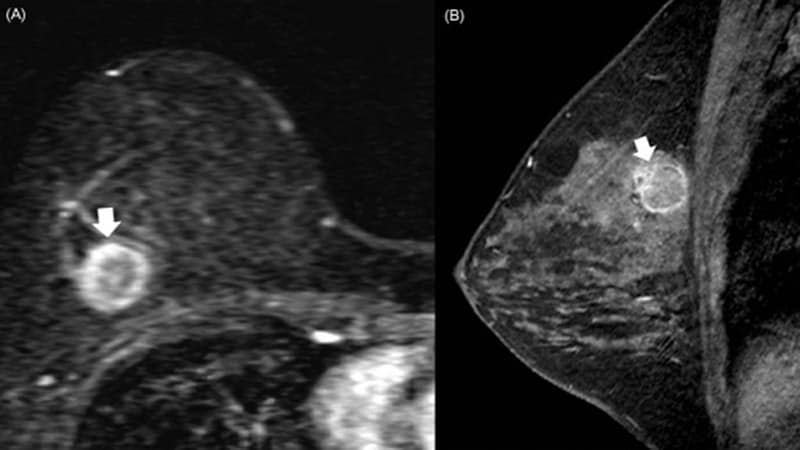D-Mannose is often recommended for the prevention of urinary tract infections. The results of a randomized, double-blind study from the United Kingdom now cast doubt on the effectiveness of the simple sugar. Compared with placebo, D-mannose (2 g/d) did not significantly reduce the recurrence of urinary tract infections in women.
Gail Hayward, DPhil, of the Nuffield Department of Primary Care Health Sciences at the University of Oxford, Oxford, England, and colleagues aimed to determine whether the intake of D-mannose for 6 months could reduce the proportion of women with recurrent urinary tract infections requiring medical treatment.
The study included 598 women with a mean age of 58 years who had to consult a physician due to at least two urinary tract infections in the past 6 months or who had had three urinary tract infections in the past 12 months. Invitation to participate was through the primary care center. Overall, 303 women were randomly assigned to D-mannose (50.7%) and 295 to placebo (49.3%). Participants received either 2 g/d of D-mannose powder or the same amount of placebo powder.
The primary endpoint was the proportion of women who, within 6 months of study initiation, had at least one further episode of clinically suspected urinary tract infection and had to consult a physician. Secondary endpoints were symptom duration, antibiotic consumption, time to the next medically treated urinary tract infection, number of suspected urinary tract infections, and hospital admissions related to urinary tract infections.
No Significant Difference
The proportion of women requiring medical treatment for a urinary tract infection was 51% in the D-mannose group and 55.7% in the placebo group (P = .26). There were no statistically significant differences in the secondary endpoints.
"In this randomized clinical trial, daily D-mannose did not reduce the proportion of women with recurrent urinary tract infection in primary care who experienced a subsequent clinically suspected urinary tract infection. Daily D-mannose should not be recommended to prevent future episodes of clinically suspected urinary tract infection in women with recurrent urinary tract infection in primary care," wrote the researchers.
Compelling New Data
In an accompanying commentary, Eva Raphael, MD, MPH, and Alison J. Huang, MD, MAS, of the Department of Epidemiology and Biostatistics at the University of California San Francisco, wrote that the study "provides compelling new data" that question the recommendations for the use of D-mannose for the prevention of recurrent urinary tract infections.
Unlike previous studies on D-mannose that suggested potential effectiveness in preventing urinary tract infections, this study benefits from a double-blind design, recruitment of a robust sample of adult women spanning a broad age range, and follow-up of more than 95% of participants on the primary outcome, they wrote. The generalizability of the study was also enhanced by directly recruiting patients from more than 90 general practices in England and Wales.
New Treatment Approaches
In their assessment, the results underscore the need for further investigation into optimal diagnostic and antibiotic-sparing treatment approaches for one of the most common and challenging outpatient infection syndromes.
A Cochrane review concluded in mid-2022 that little to no evidence supports or refutes the use of D-mannose for the prevention or treatment of urinary tract infections in all population groups.
According to the authors, there is a significant lack of high-quality randomized clinical trials examining the efficacy of D-mannose in urinary tract infection across all population groups.
This story was translated from the Medscape German edition using several editorial tools, including AI, as part of the process. Human editors reviewed this content before publication.

.webp) 2 weeks ago
7
2 weeks ago
7

























 English (US)
English (US)